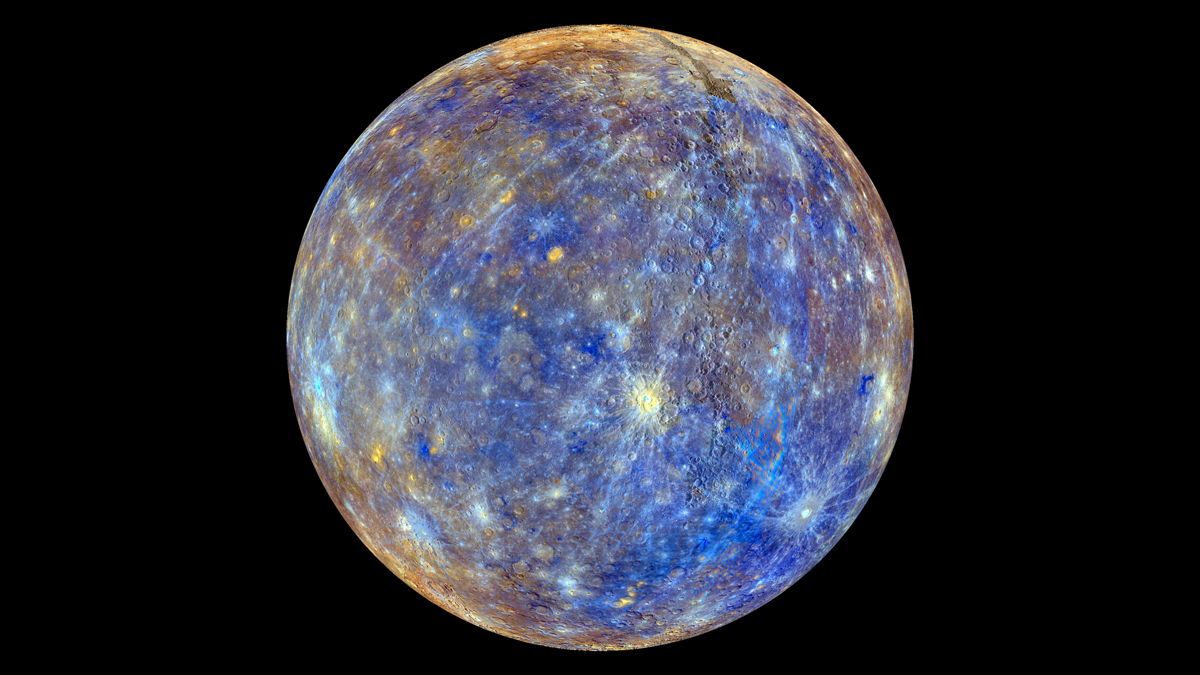Mercury is a small but very dense planet, the properties of which scientists cannot really explain. Recently, they have come to the conclusion that it is so strange due to the fact that during its formation it is influenced by giant planets.

Strange Mercury
Astronomers claim to have solved the mystery of why Mercury is so strange. The first planet from the Sun combines several unusual features. On the one hand, it is the smallest planet in the Solar System. On the other hand, its density reaches 98 percent of the density of the Earth and is the second in the Solar System.
This is very strange, because for the planets of the Earth group, a linear dependence of density on mass is theoretically provided. And Mars and Venus confirm it. The reason for this anomaly is an unusually large core, having a diameter of 85 percent of the planetary one. For Earth, for example, this parameter reaches only 50 percent.
And how such a small Mercury could have formed with such a large core, scientists have not been able to explain for a long time. But in a new study, it was still possible to do this. The giant planets were the culprits.
How the giant planets influenced the formation of Mercury
Of course, the smallness of Mercury was influenced by the fact that it formed at the inner edge of the protoplanetary disk. But much more importantly, this happened after the gas giants were born and grew to modern sizes.
The newly formed Jupiter, Saturn, Uranus and Neptune are much closer to the Sun than they are now. But after this happened, they began to actively interact with each other and diverge in space. At that time, numerous planetesimals and protoplanets were already in the modern orbit of Mercury. And the gravity of the giants pushed some of them into the outer parts of the system, which is why Mercury turns out to be so small.
As for the huge core of the planet, according to scientists, numerous collisions are responsible for it. They were caused by the action of the same gravitational forces of the gas giants. During them, the future Mercury mainly gained a lot of heavy elements that formed the core. And the lighter ones flew in all directions and got lost in space.
According to www.space.com
Follow us on Twitter to get the most interesting space news in time
https://twitter.com/ust_magazine

